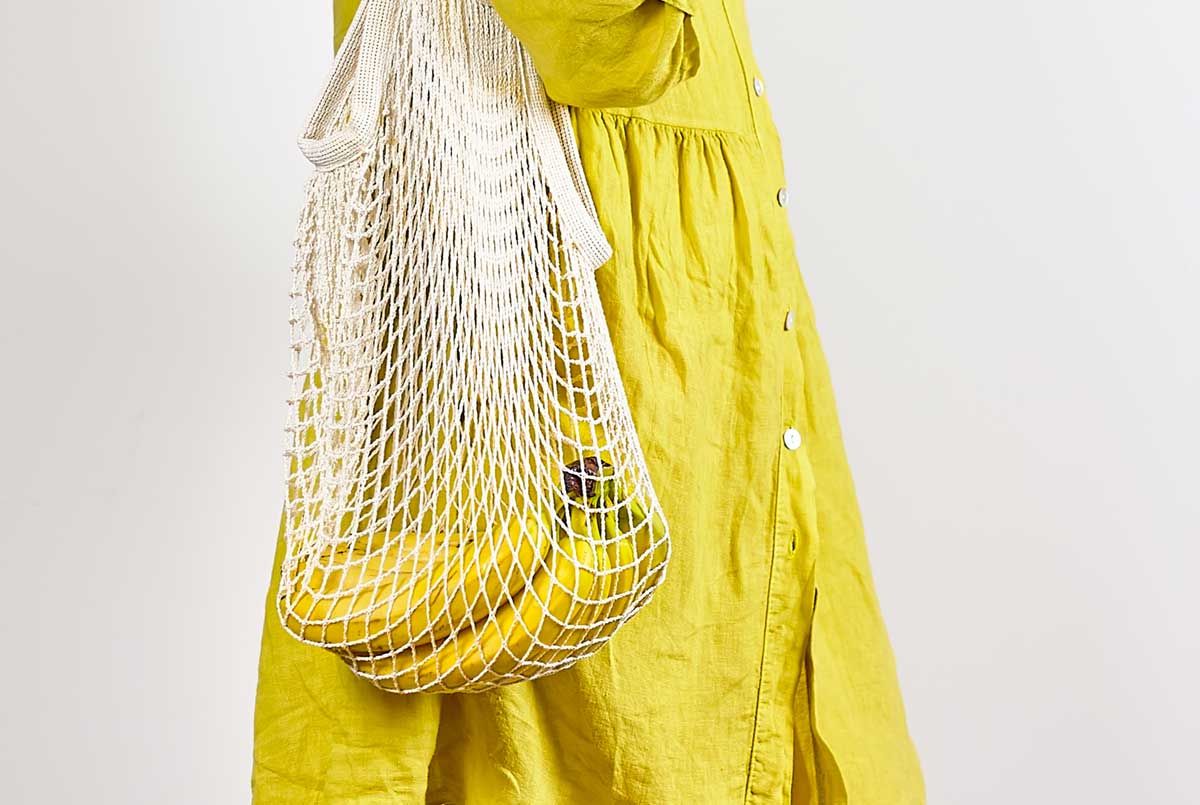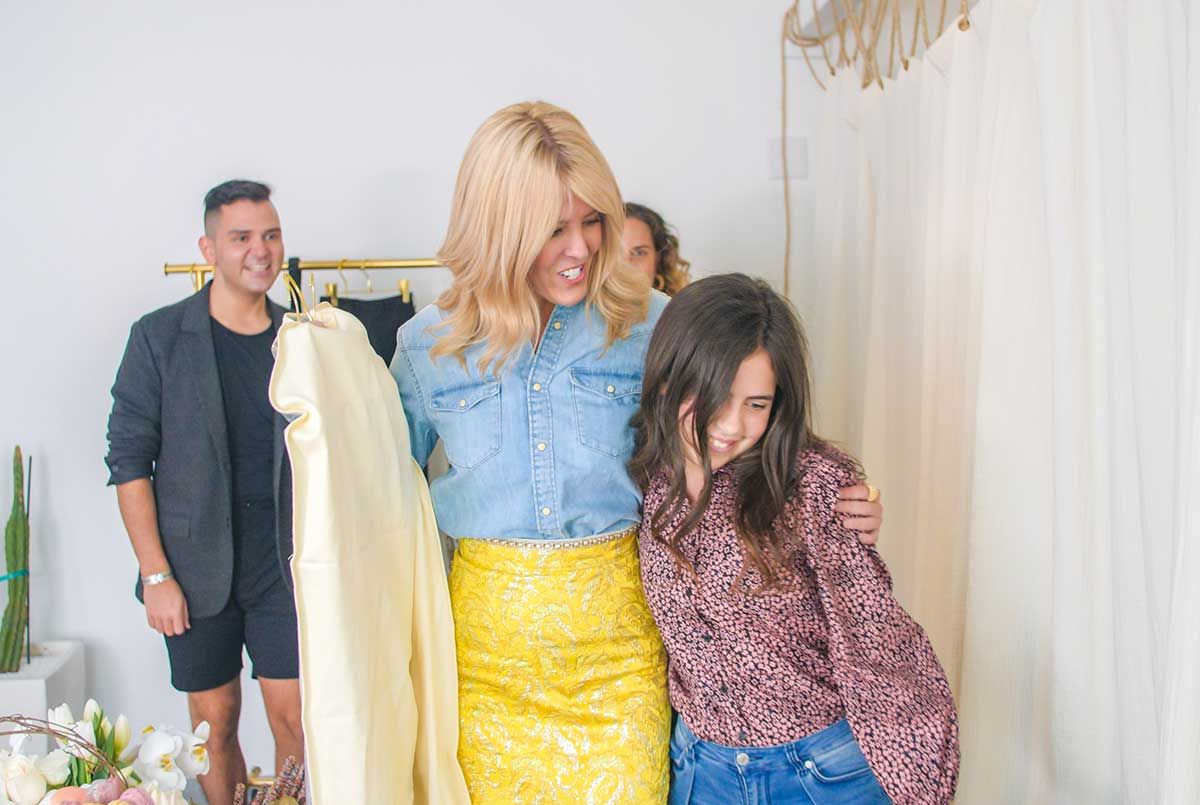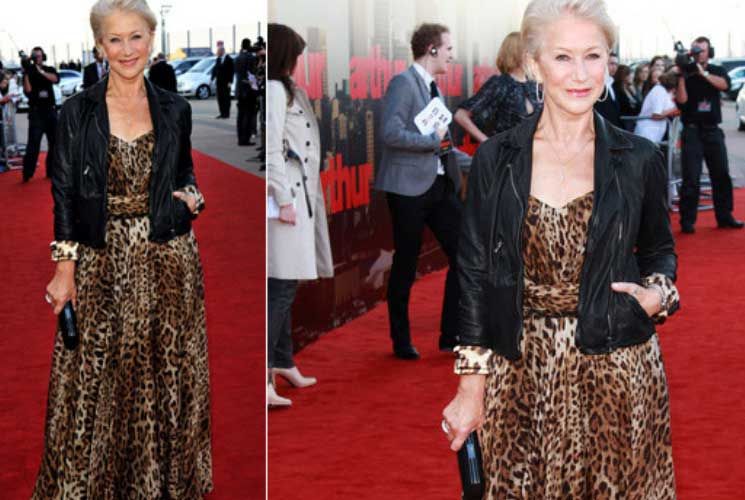
Sustainability and Fashion - An Industry Makeover
Throughout history fashion has been a cultural marker, highlighting economic status, political platforms, sexuality, and most recently constructing campaigns based on practicing sustainability. In the last decade, social media has played a commanding role, fusing culture and fashion, and a source to study consumer behavior.
The debate… Is sustainable fashion a social media trend created by brands to merely gain popularity and increase sales, or an authentic shift in consumer morals and values?
In the 90s, Versace dominate the runway with not just shows, but productions. Style was translated by a display of decadence, gold hardware, and an attitude of, “It’s never too much!” Ten years later actors and musicians were the faces for a multitude of fashion houses, reaching larger audiences. Fashion presented and defined itself by continually styling celebrities head to toe in their logo. Designers focused on music videos, film, and televised events to create brand image, centering on wealth and prestige
Born in 1980 and categorized as a gen z and millennial, I truly am a hybrid, mirroring characteristics of both groups. The predominant distinction is my attitude and indifference toward social media. Having lived with and without it, I’ve observed a change in the approach and consumption of cultural matters.
My last few times at boutiques, the salespeople have included in their pitch “Just to let you know all our items are sustainable.” I think great, but what does that really mean? I made the decision to educate myself, because unlike 99% of development in fashion, I could not see sustainability.
I discovered sustainable fashion covered way more than I thought it did. It pertains not only to protecting the environment, but maintaining a safe work environment to its’ employees and providing proper compensation and benefits. Designers are aligning themselves to support animal rights, and construct campaigns dedicated to social justice and equality. The Neilson report found over 70% of Gen Z and Millennials are willing to pay more for sustainable goods. It is evident the ideals and principles of fashion, like style are simultaneously evolving. The industry itself has become a model, strutting toward the future, and leaving an environmentally stylish footprint.


